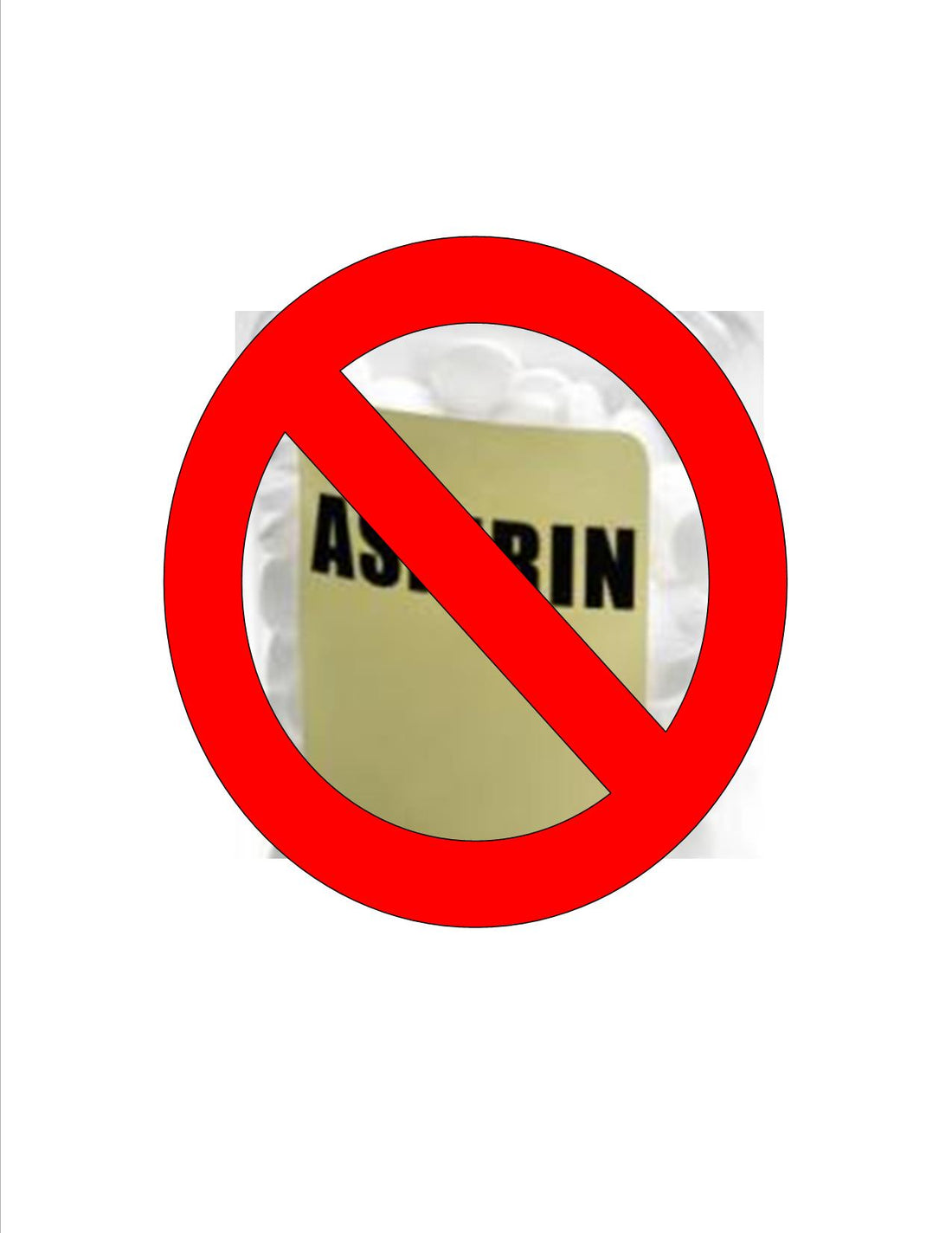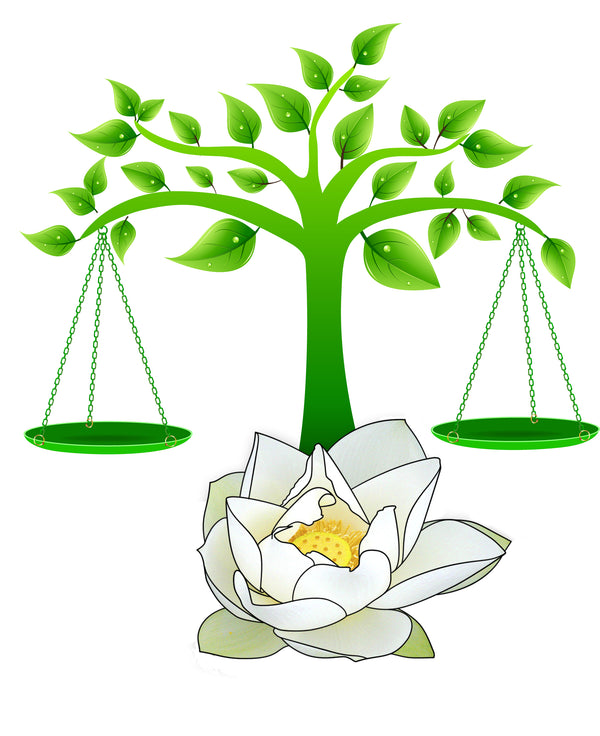
The Case Against Baby Aspirin
Susan CwikShare
In today's fast-paced world, where medical advancements are ever-evolving, it's crucial to take charge of our health. As a heart attack survivor, I understand the importance of exploring alternative preventive measures and finding personalized solutions for our unique health needs. In this blog, I'll discuss the case against baby aspirin, some natural alternatives that may help prevent blood clots, and the significance of individualized care in maintaining a healthy heart.
Baby aspirin has long been recommended as a preventive measure for heart attacks and strokes due to its blood-thinning properties. However, recent recommendations have shed light on its potential downsides, especially the risk of gastrointestinal bleeding. The one-size-fits-all approach may not be suitable for everyone, and it's essential to consider the individual's medical history, age, and other risk factors before adopting a daily aspirin regimen. New recommendations state that baby aspirin should not be taken by anyone over the age of 60, and it only offers minimal results for ages 40-59 who do not have a risk for bleeding.
Nature provides us with various alternatives that may aid in preventing blood clots and maintaining cardiovascular health. Some of these natural blood thinners include cayenne, gingko, fish oil, and cinnamon. Cinnamon, for example, contains coumarin, which is known for its blood-thinning effects. In fact, the popular blood thinner Warfarin is derived from coumarin found in cinnamon. Additionally, antioxidants like vitamin E, resveratrol, grape seed extract, and astaxanthin protect blood vessels and LDL cholesterol from damage, potentially preventing the formation of plaques.
One natural remedy worth exploring is nattokinase, a systemic enzyme derived from fermenting soybeans with Bacillus Natto bacteria. Studies have suggested that nattokinase can thin the blood and dissolve blood clots, functioning similarly to aspirin without the risk of gastrointestinal bleeding. However, as with any supplement or remedy, it's crucial to consult with a healthcare professional before incorporating nattokinase into your regimen.
As a heart attack survivor, I am passionate about encouraging others to explore personalized preventive measures and natural alternatives. While baby aspirin may have been a widely recommended solution, it's essential to consider potential risks and seek personalized advice from healthcare professionals. Embracing natural blood thinners and antioxidants can be beneficial, but they should be approached with caution and under medical guidance.
Remember, health is a journey, and there's no one-size-fits-all solution. Taking charge of our well-being involves being informed, engaging in discussions with healthcare providers, and making choices that resonate with our individual needs. By doing so, we can pave the way to a healthier and more fulfilling life after a heart attack.
Let's share our experiences, knowledge, and insights to support each other on this path towards personalized health. Remember to consult your doctor before making any changes to your health regimen. Here's to embracing personalized health and living each day to the fullest!
(Note: This blog is for informational purposes only and should not be considered medical advice. Always consult with a qualified healthcare professional before making any changes to your health regimen.)
